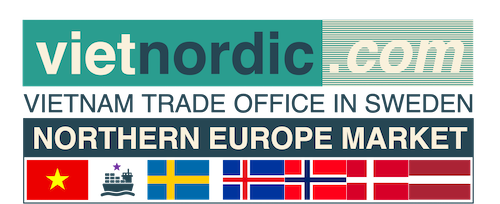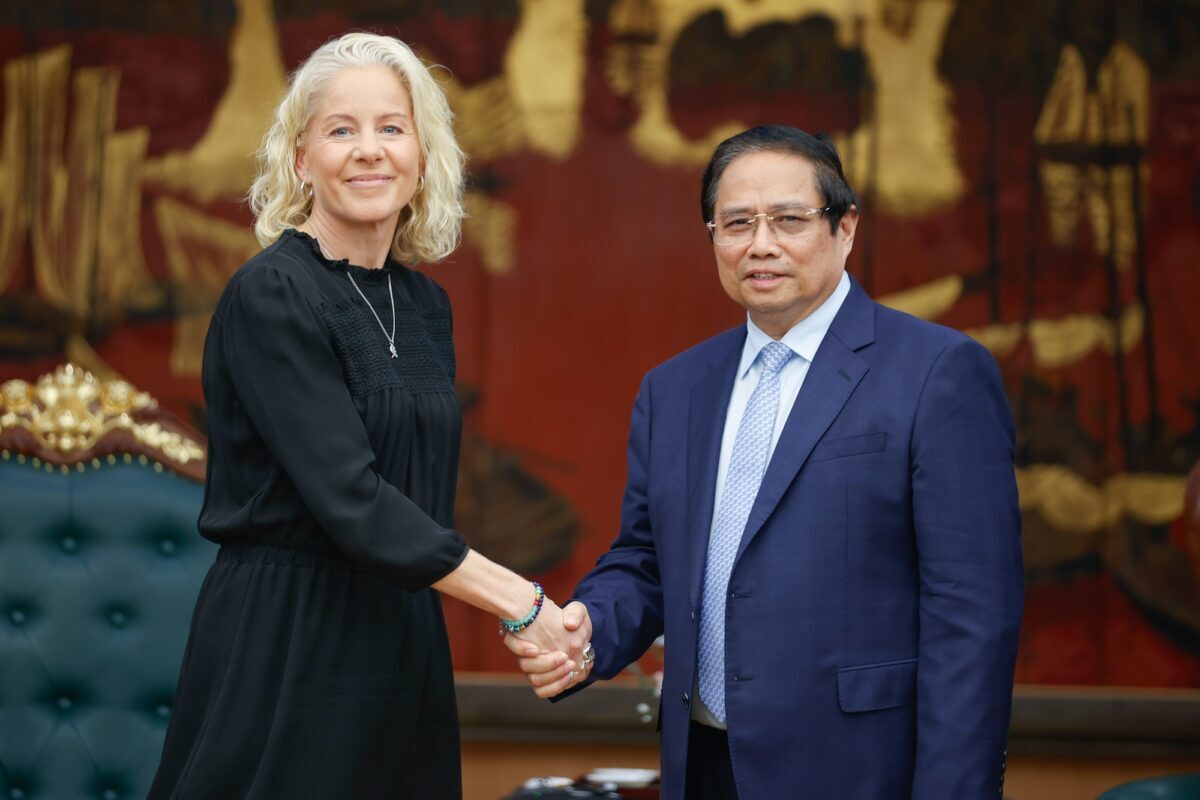Syre, the joint venture between fashion giant H&M Group and Swedish entrepreneur Harald Mix’s investment firm Vargas, has officially unveiled its first three major customers beyond its founding shareholders. Notably, the partners include two of the largest retail names in the U.S.: Gap and Target.
According to Syre CEO Dennis Nobelius, the first commercial shipments are expected in 2026 following some initial technical delays. Gap has committed to purchasing around 10,000 tons of recycled polyester annually. Target will use Syre’s recycled polyester for selected collections, though no specific volumes have been disclosed. The third customer is Swedish outdoor apparel brand Houdini, which has pledged to source half of its polyester needs from Syre over the next three years.
These customers are not merely buyers but are referred to as “launch partners,” reflecting Syre’s strategy of collaborative material development as it scales up operations.
Polyester — the world’s most widely used synthetic fiber, primarily derived from fossil fuels — is currently recycled at a very limited scale, mostly from PET bottles. Syre’s proprietary recycling technology uses glycol, a more environmentally friendly compound, to break down textile waste into monomers that can be re-polymerized into virgin-quality polyester. The company claims this process reduces CO₂ emissions by up to 85% compared to traditional polyester production.
Syre is currently finalizing its pilot plant and R&D center in North Carolina, USA, in partnership with Portuguese firm Selenis. The facility will have a capacity of 10,000 tons per year and is expected to be operational by the end of 2026. Syre’s longer-term goal is to build 12 full-scale industrial plants with a combined annual capacity of 3 million tons of recycled polyester. The first of these large-scale plants will be constructed in Vietnam, starting in 2027.
Vietnam – The First Link in Syre’s Global Expansion Strategy
Vietnam has been chosen as the location for Syre’s first industrial-scale plant due to its strategic role in the global textile and garment supply chain, as well as the strong manufacturing presence of H&M in the country. According to H&M Group’s latest sustainability report, Vietnam ranks among the company’s top five sourcing countries, with over 40 supplier factories from Hanoi to Ho Chi Minh City focused on textiles and garment production.
Preliminary information suggests that the Vietnam plant will have a capacity equal to or even greater than the North Carolina facility. It will follow a modular design that allows for scalable expansion based on demand. The choice of Vietnam also aims to supply both domestic sustainable textile production and exports to major markets like the EU and the U.S., in response to rising demands for transparency and lower emissions across global supply chains.
This move is seen as a strategic step by H&M and Vargas toward restructuring global supply chains in a circular direction, while also positioning Vietnam to play a more advanced role in the global value chain for recycling and sustainable materials.
In 2023, Syre raised SEK 1.1 billion (approx. USD 100 million) from leading investors including TPG Rise Climate (U.S.), Giant Ventures (UK), Norrsken (Sweden), the IKEA-linked Imas Foundation, Volvo Cars, and Volkswagen-backed Leitmotif. While Vargas-backed battery startup Northvolt declared bankruptcy in March 2025, Syre emphasized that this does not affect their operations due to differences in sector and business model.
“We’ve learned a lot from Northvolt — especially the importance of respecting scale, taking one step at a time, and not rushing,” Nobelius said, underscoring Syre’s cautious and methodical approach as it launches its first full-scale facility in Vietnam.

